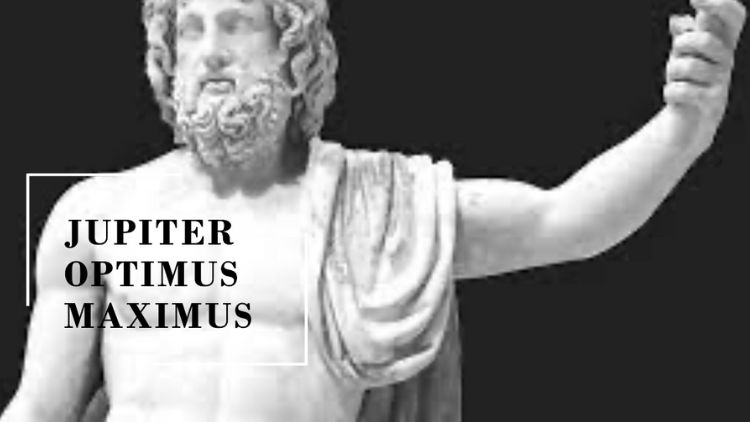Jupiter Optimus Maximus: Unveiling the Mysteries of the King of Gods


When we think of the gods of ancient Rome, Jupiter Optimus Maximus, or Jupiter, as he is commonly known, is undoubtedly one of the first deities that come to mind. As the god of the sky and thunder, and the king of all the gods, Jupiter held an important place in the religious beliefs of the Romans, and his influence extended far beyond the boundaries of Rome.
In this article, we will delve deep into the mysteries of Jupiter Optimus Maximus, exploring his origins, his role in Roman mythology, and his enduring legacy in the modern world.
Table of Contents
The Origins of Jupiter Optimus Maximus
Jupiter Optimus Maximus was not always the powerful god we know him as today. In fact, his origins are shrouded in mystery, and his earliest form was that of a relatively minor deity associated with agriculture and the weather.
Over time, however, Jupiter began to assume greater importance, and he eventually came to be seen as the king of all the gods. Some historians believe that this shift in Jupiter’s status was due in part to the influence of Greek mythology, which held Zeus as the king of the gods.
Regardless of how he rose to prominence, Jupiter’s importance in Roman mythology cannot be overstated. He was seen as a protector of the state, a bringer of good fortune, and a defender against enemies both natural and supernatural.
The Role of Jupiter Optimus Maximus in Roman Mythology
In Roman mythology, Jupiter Optimus Maximus played a central role in many of the most important myths and legends. He was seen as the father of the gods, and he was often depicted wielding his thunderbolt to strike down his enemies.
Jupiter was also closely associated with the concept of justice, and he was said to punish those who acted unjustly or betrayed the trust of others. In this way, Jupiter served as a moral compass for the Roman people, guiding them towards right action and punishing those who strayed from the path of virtue.
Perhaps the most famous myth associated with Jupiter is that of the abduction of his daughter, Persephone, by the god Pluto. In this story, Jupiter rallies the other gods to rescue his daughter and restore her to her rightful place in the heavens.
The Legacy of Jupiter Optimus Maximus
Despite the fact that the Roman Empire has long since fallen, the legacy of Jupiter Optimus Maximus lives on to this day. In fact, his influence can be seen in everything from modern language to modern art.
For example, the English word “jovial” comes from the Latin word “jovialis,” which means “of Jupiter.” Similarly, many works of art from the Renaissance period feature depictions of Jupiter and other Roman gods.
Perhaps the most enduring legacy of Jupiter, however, is his association with the planet of the same name. In modern astronomy, Jupiter is one of the largest planets in our solar system, and it is often visible to the naked eye.
Conclusion
Jupiter Optimus Maximus is a complex and fascinating deity, one whose influence has been felt for centuries. From his humble origins as a minor agricultural deity to his status as the king of the gods, Jupiter played a crucial role in the religious and cultural life of the ancient Romans.
Despite the fact that the Roman Empire is long gone, the legacy of Jupiter lives on, reminding us of the enduring power of myth and the enduring impact of the gods on our lives and our world. Whether we are looking up at the night sky or simply speaking the English language, Jupiter Optimus Maximus remains a presence in our lives, a reminder of the rich and complex tapestry of human history.
You can now write for RSP Magazine and be a part of the community. Share your stories and opinions with us here.
